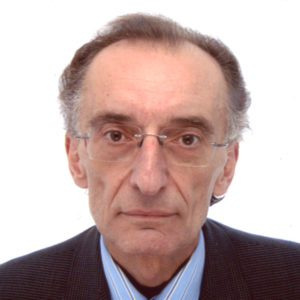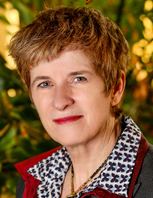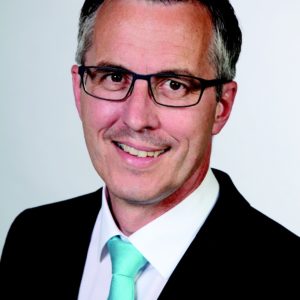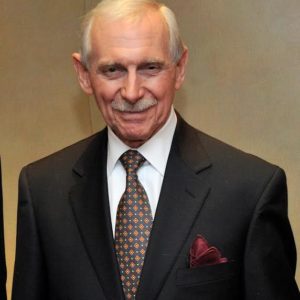Migration and Refugees in Urban Areas
Special Sessions Venue: National Library Casa De La Cultura- United Nations High Commission for Refugees (UNHCR),
- Office of the High Commissioner for Human Rights (OHCHR),
- International Organization for Migration (IOM).
- United Nations Economic and Social Commission for Western Asia (UNESCWA),
- United Nations Institute for Training and Research (UNITAR),
- United Nations Population Fund (UNFPA),
- United Nations Department of Economic and Social Affairs (UNDESA),
- Food and Agriculture Organization (FAO),
- United Nations Human Settlements Programme (UN-Habitat).
- Esther Cuesta Vice Minister Of Foreign Affairs and Human Mobility Ecuador

- Fernando Murillo Program Director University Of Buenos Aires Argentina

- Jean-Louis De Brouwer Director For Director - Europe Neighbourhood Middle East European Commission (DG ECHO) Belgium

- Kate Gilmore Deputy High Commissioner For Human Rights OHCHR Australia

- Mr. Andreas Wolter Mayor Citiy Of Cologne Germany

- Naheed Kurban Nenshi Mayor Calgary Canada

- Steven Corliss United Nations High Commissioner For Refugees (UNHCR) United States of America

- William Lacy Swing Director General International Organization For Migration (IOM) United States of America

The New Urban Agenda and the Fight Against Discrimination At its core, the phenomenon of urbanization is fundamentally about the movement of people. Cities are the primary destination for most of the world’s international migrants, refugees, andI Internally Displaced Persons (IDPs). In fact, approximately 60% of the total 14.4 million refugees while 80% of the 38 million IDPs are thought to be living in urban areas as a result of conflict, and other drivers. More than one billion people are migrants, and almost 250 million of these are outside of their home countries. Some have moved in search of opportunity, while a large number have moved to find safety from on-going conflict, persecution, or disaster. Migrants, refugees and IDPs are rarely included in national plans for action on housing, and are often unable to participate in national or local consultations on housing and urban development issues. Additionally, legal restrictions as well as social, economic, and racial discrimination often mitigate their access to economic opportunity, justice systems, earn livelihoods, and acquire adequate housing and services, such as health and education. Migrants in irregular situations can be vulnerable to forced evictions and homelessness, which can further enhance their vulnerability to violence, arbitrary detention, and other violations of their rights. They are often denied access to homeless shelters on account of their irregular status. Local authorities and other actors must promote urban equality and ensure that refugees, migrants and IDPs, regardless of their status, are not excluded from the opportunities offered by urbanization. They should harness and maximize the skills, productivity, and experience migrants and displaced persons bring to their host communities. A human rights approach to urbanization will pay particular attention to the needs of all migrants and mobile populations, including refugees, migrants in an irregular situations, victims of trafficking, internally displaced persons, and unaccompanied children, for example in the context of health and education delivery or housing. Stronger data systems are essential for supporting migrants and refugees in urban settings and assisting local and national governments in effectively planning for population mobility. Limited data and projections on urbanization, internal mobility and displacement, international migration and refugees undermine the ability of governments and communities to effectively plan. The absence of disaggregated data also means that vulnerable populations are more likely to be left behind.
Guiding Questions
· What are the critical challenges faced by communities in adapting to the movement of people into cities?
· What are the challenges, including human rights challenges, being faced by migrants, refugees and Internally Displaced Persons? What personal stories have you heard about these challenges?
· How the implementation of the New Urban Agenda can help to address challenges and opportunities faced by migrants, refugees, and their host communities?
· How are city and national governments governing the situation of migrants and refugees within their jurisdictions, and what best practices exist?
· What commitments can governments, agencies, and other stakeholders make to live up to the ambitions of the New Urban Agenda and the 2030 Agenda for Sustainable Development?
· What actions are needed to effectively implement migration-related commitments of the New Urban Agenda and how would this contribute to the realization of the Sustainable Development Goals more broadly?
· What is required to address the challenges and opportunities of migration in the urban context?
· How can a discussion on the needs of migrants, refugees and host communities be taken forward beyond Quito?
